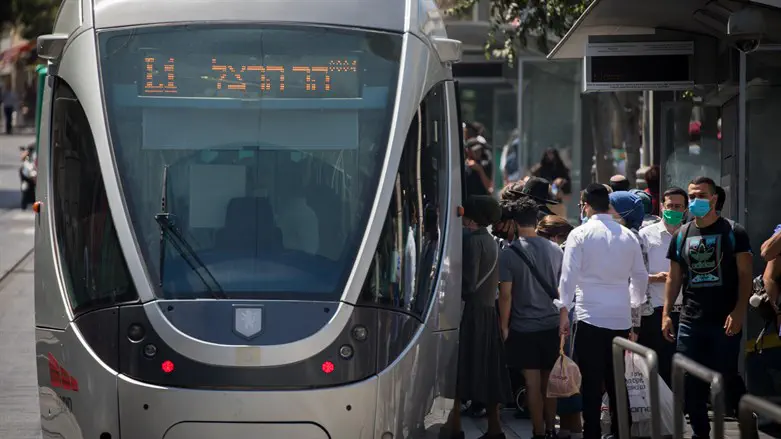
The Jerusalem municipality has recently submitted a request to the Interior Ministry, asking to change the way property tax fees for residential buildings are calculated - in a change which may significantly affect residents of the city's new construction projects.
The proposal would see residents of any building populated since January 1, 2020, paying the highest property tax rate in the city, regardless of the building's location.
The city explained the change by noting the demographic and physical changes which have taken place in the city following the wave of construction and urban renewal. A prominent example is the Romema neighborhood, where thousands of new housing units were recently built. Residents of these projects may now find themselves paying a higher property tax rate, despite the fact that their financial situations have not necessarily improved.
A senior source in the municipality expressed concerns over the plan, telling Mynet that, "Jerusalem will become a city for rich people only."
The source added that many of those who own the new apartments, including in haredi neighborhoods, do not have the financial means to pay the higher price.
The municipality, meanwhile, said that the change was necessary due to the enormous investment in developing the neighborhoods and infrastructure. It also noted that of the approximately 230,000 housing units in the city, only about 12,000 are expected to be affected by the change. The city admitted, however, that most of those affected apartments are in haredi areas.
Responding to the criticism, the municipality announced that residents of "pinui-binui" demolition and reconstruction projects would not see a rise in property tax fees, at least for the next five years.
